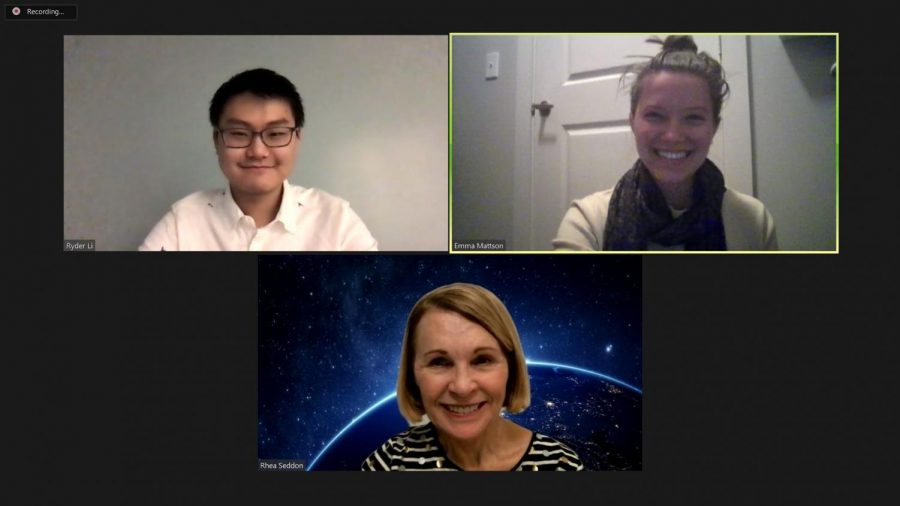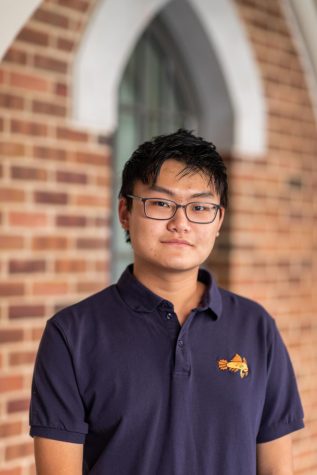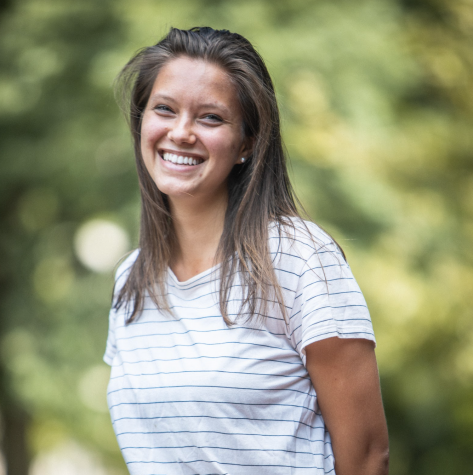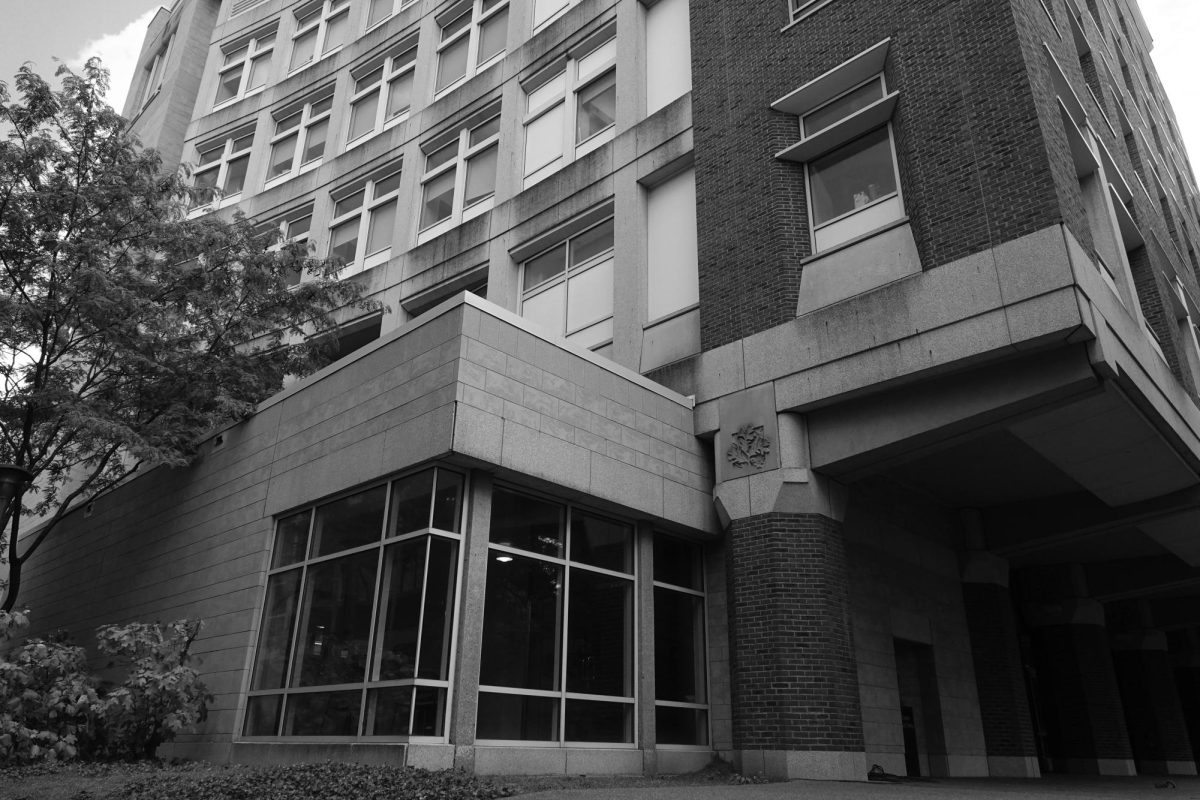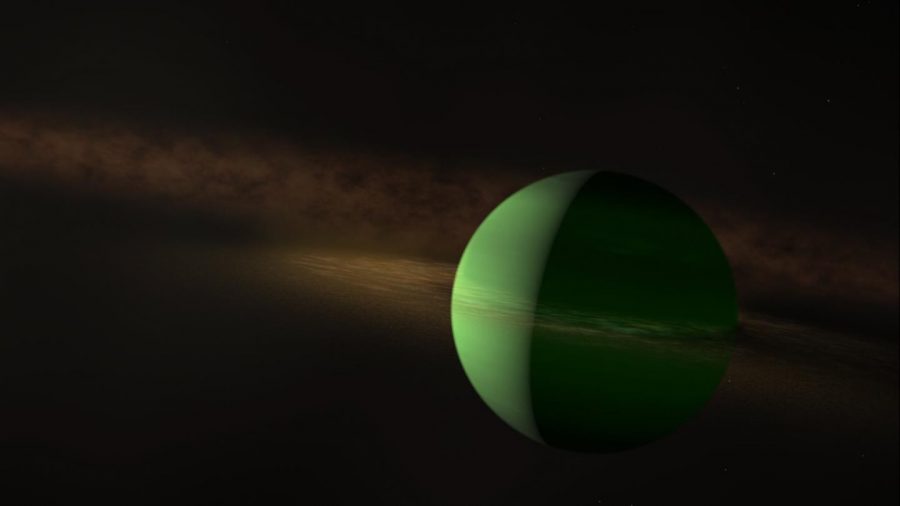Former NASA Astronaut and Tennessee native Rhea Seddon sat down with The Hustler this spring to discuss her pioneering work as a surgeon, astronaut and author. Over a Feb. 5 Zoom call, Seddon discussed her experience as one of the first six women accepted into NASA’s astronaut corps.
Vanderbilt Hustler: You were born in Murfreesboro, TN, then came back to get your MD from the University of Tennessee, before eventually residing in Nashville. What sticks out to you about your home state? What does home mean for you in Tennessee, after spending so much time far away and all over the world?
Rhea Seddon: Well, you know, home is Tennessee and Tennessee is home. I missed it when I was gone. I grew up here, had friends here, and we just all scattered after high school. I’d come back in the summers and renew old acquaintances and had a real circle of friends who are still my friends here. You just wrap it around yourself. I’ve lived in lots of places. I went from Tennessee to college in California, came back to Memphis for medical school, did my residency there, then ended up at NASA in Houston, so I’ve lived a lot of different places, but Murfreesboro, Tennessee, is my favorite.
I keep running across those kinds of memories around Murfreesboro, especially driving around with my daughter, who’s now 25, and my grandson, who’s 8. I can show them all the little places. Mostly they go, “Uh huh, Uh huh,” but it means so much to me. Mostly, it’s just wonderful to have grown up in a small town like that.
Could you tell us a little bit about your 2015 book Go for Orbit and what messages you feel are relevant for college students like us?
Well, the book was a labor of love. I was coming to the end of my NASA career, and I thought, this has been such a unique time: when they first took women into the space program; where I met my husband and we had children; and the Challenger accident. There were so many things. It was just this period of time that I wanted to capture in that book.
I thought, well probably next year I’m going to leave NASA, so I need to write down everything I can remember. So I took my legal pad, and I filled up thirteen legal pads writing it all down.
What you have to look at when you go through life is, how can I get out there, meet people, listen to what they’re saying and see if they can link me to somebody that can get me to where I want to go. That’s a really important thing. Listen for those opportunities. I’ve just had lots of them in my life. That’s very much in my book.
All of a sudden somebody says, “My friends at NASA tell me they’re going to take women astronauts.” Holy smokes! Wow, I’ve always wanted to do that, and here I am right at the end of my residency, and I could do that.
It’s those kinds of opportunities that you have to seek out, you have to listen for, and you have to consider is, “Is that the path that I should go down?” I always encourage young people to just try a lot of different things and see what sticks, see what you love, find the people that could help you.
It’s all about making your way in the world and making a world what you want it to be.
Your long career stands out for so many interdisciplinary aspects and for challenging the status quo in so many areas. How did overcoming gender barriers in medicine prepare you to address barriers in other areas?
The barriers are there, and there are some people who don’t take you seriously. I had to learn in some of those roles how to stand up for yourself, also how to take a joke. If someone makes some rude comment, you say, “That wasn’t very nice.” But if it’s just kind of funny, well, laugh. You have to be able to fit into those things. You don’t want to be that outlier that always finds fault with what the group is about. Find another group that you fit into well. And yes, there were barriers along the way. There were some people who didn’t take me seriously. I was just going to make my way through this, carry on, do my best, and prove that I can do a good job.
You really have to work at it. I didn’t make straight A’s in college. I didn’t think I was going to get into medical school, but I did what I could. I like to say, “Sometimes you just throw your hat in the ring and let God sort it out.” Please God, I want to be an astronaut. Sometimes your prayers are answered, but you have to be prepared for all of that.
My older daughter and I have a saying, “If the train doesn’t stop at your station, maybe it wasn’t your train.” In other words, if you get turned down, maybe there’s something else out there that you’re supposed to be doing. If you’re semi-religious or even religious-religious, you have to say, “Maybe there’s a higher power looking after me, and maybe there is something different out there for me that’s going to be better.” I have frequently found out that that’s true. You get really down when you don’t get accepted to something or can’t do what you want to do.
There’s another train coming. Get on that train.
Those are also very encouraging words, especially for college students scared to move out into the world.
There have been times in my life, like for you all, where you think, “What am I going to do? How will I handle this? What if I don’t get that?” You muscle through it. You find something else. Take a different path. Don’t take the path well-trod. Go forth and blaze a trail.
Content has been edited for clarity and length.

